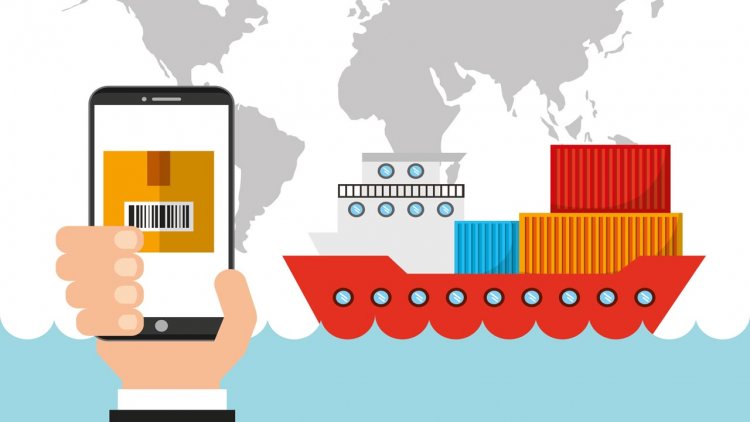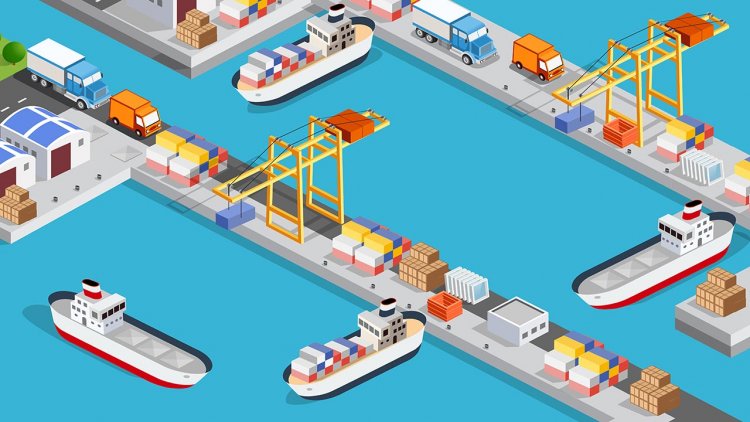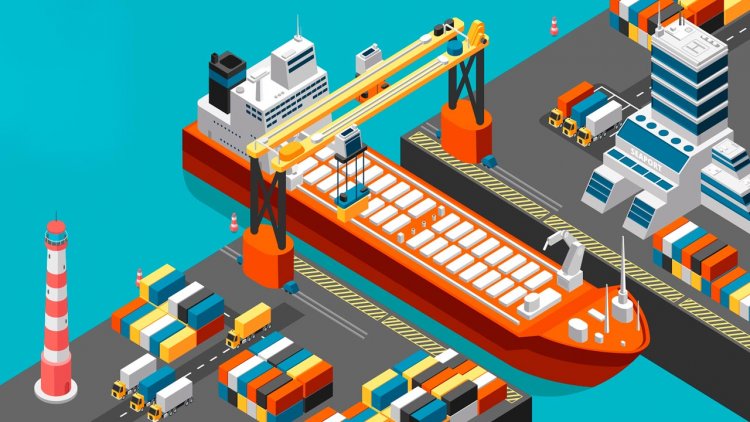After the seismic shocks of 2020 with impacts felt across society and business, Voyager Worldwide used the first quarter of 2021 to ask practitioners in the maritime industry for their views on the trends that would shape the coming 12 months and beyond.
The primary conclusion is that those who took the survey see 2021 as a year of growth. This is perhaps not surprising given the pullbacks in consumer demand caused by the pandemic. But it should be remembered that while knowledge workers have been stuck at home, the shipping industry has had a busy 2020 and the impact of additional demand is already being seen in long queues outside ports as vessels wait to unload.
Some 80% of those questioned were confident that the shipping industry is expected to grow during 2021, with 17% expecting it to stay the same.
However, the rebound in activity as vaccine rollouts continue and economic confidence returns does not mean that everything will be smooth sailing. A combination of factors around vessel operations, human factors and safety mean that 63% of those responding believe that 2021 will be more operationally challenging than 2020.
A quarter predict a much more challenging environment and a clear majority (63%) identified profitability as their biggest challenge, while 20% said it would be reliability and 17% answered safety.

The reasons for the concern over profitability are likely linked to the cost of vessel operations in an environment where pressure on logistics, regional shortages and backlogs create bottlenecks and drive scarcity of supply. Some 72% of the industry is expecting the cost of services and consumables they buy to rise this year, just under 60% see a moderate rise and just over 10% a substantial increase.
As the timetable for the next stage of efficiency measures aimed at decarbonising the industry becomes clearer, vessel operators are confronting the changes that will be required. As knowledge grows around the new energy sources that will be required to tackle the reduction in carbon emissions, 90% of the industry said that they think sustainable fuel choices will be important to their customers in 2021.

From the results it is clear that the digital transformation of the shipping industry is the big trend for vessel owners and operators. When asked about the issues that are keeping them awake at night, 13% of respondents cited technology dependency.
That didn’t stop an overwhelming 97% of respondents saying they expect technology to provide some level of improvement in operational efficiency this year.
Asked how they expect technology to impact their da-to-day job in 2021, more than half expect it to somewhat improve efficiency while 36% predict it will likely do so.
As a result, some 77% of respondents anticipate having to make investments in 2021 into up-skilling their workforce in order to capitalise on the opportunity of digital transformation. A quarter expect the investment to be significant and more than a half predict some increased investment.
Clearly there are plenty of risks to choose from, but a majority (one third) are still concerned at the impact of COVID-19 on the industry and closely related to this came the issue of crew welfare (20%).

Risks come in many shapes and sizes and for shipping the physical is as present as the digital. Just over 10% of our respondents said piracy threats were enough to keep them awake at night, while just 7% said they were concerned about cyber attacks.
Renewed political tensions in major shipping locations and a resurgence of piracy look likely to remain in the headlines in 2021 but just under half of those surveyed reckoned that physical risks to their fleet in 2021 from piracy or stowaways would be the same as in 2020, though a third believe the risk will be somewhat greater than 2020.

The risk focus of 2021 will also be on cyber security, not least from a regulatory point of view. The entry into force of amendments to the ISM Code requiring demonstration of policy, procedures and awareness around cyber risk will doubtless focus minds onboard ship.
Cyber will have a higher priority in 2021 according to the survey, with 44% of respondents reporting some increase in attention and 37% set to make the topic a much higher priority than in 2020.



